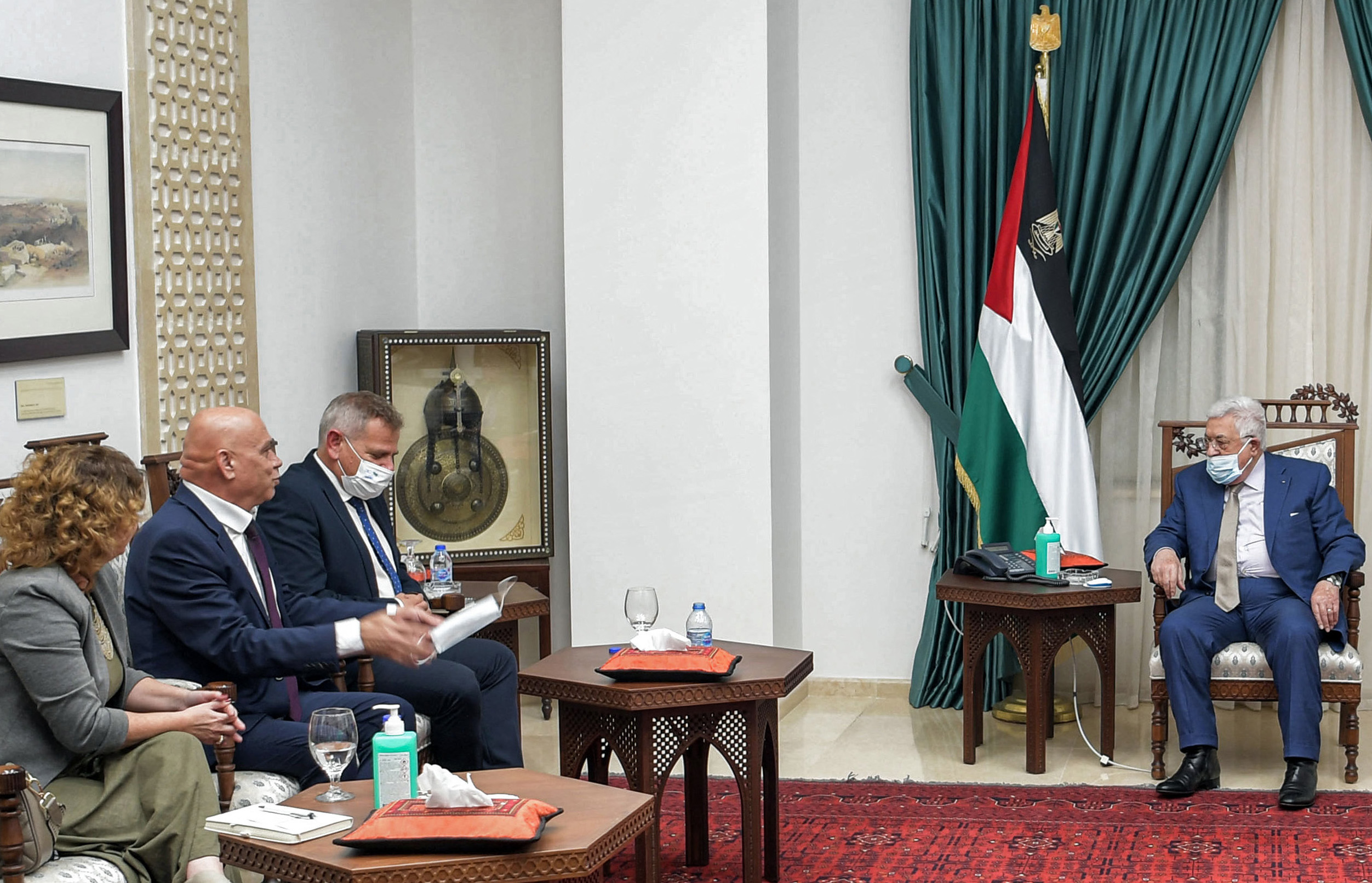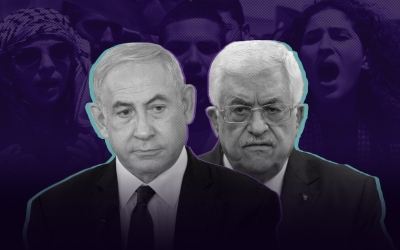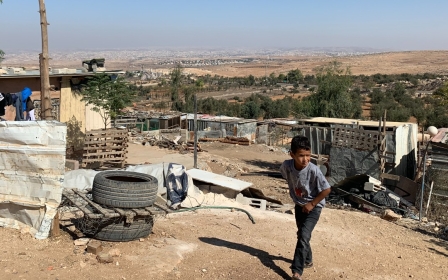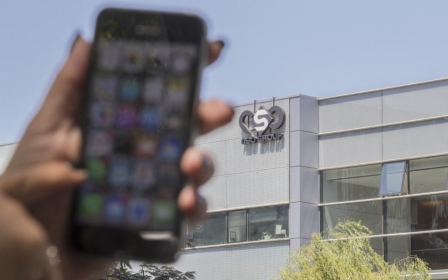A message from Palestinians to Abbas: Concessions to Israel only elicit more demands
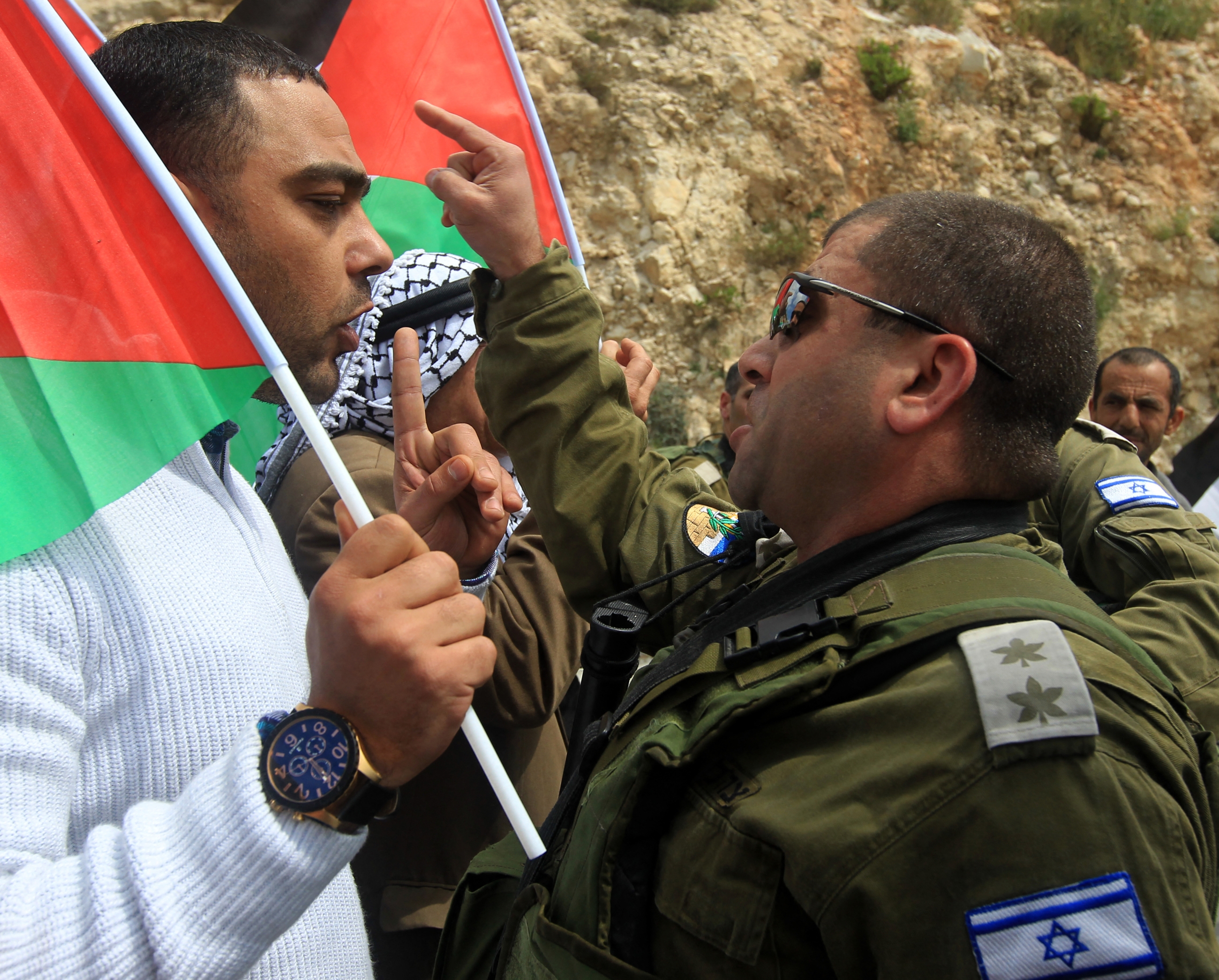
My home village of Burqa, 18km northwest of Nablus in the occupied West Bank, has a long history of collective resistance to Israeli oppression. Israeli soldiers often spoke of the village’s inhabitants as "rude" and as "thugs".
In the 1980s, an Israeli soldier told me, after he had checked my ID card, that "the most impudent people are those from Burqa". In the First Intifada, all males from the village aged over 15 were called to its central area, where an Israeli officer told them: "We meet again with the thugs of Burqa."
There appears to be a deeply rooted reluctance within the PA to acknowledge that these are colonial acts that are part of a more general settler-colonial project
On 17 December, Israeli settlers attacked the village. Villagers then confronted the Israeli army and settlers. This followed an incident on 16 December, when armed Palestinians attacked an Israeli religious school (Yeshiva) in the illegal Homesh settlement, which was built in 1978 on private Palestinian land on a hill above the village. Yehuda Dimentman, a 25-year-old, was killed and two settlers were injured.
The settlement was evacuated and demolished in 2005 as part of Ariel Sharon’s "disengagement" plan. The settlers, however, kept marching to the site, harassing the villagers and preventing landowners from cultivating their land. In 2007, they established a religious school to maintain their presence with the authorisation of the Israeli courts, which invoked the Oslo Accords in support of their judgement that it was part of Area C, which Israel completely controls.
Increasingly brazen
New MEE newsletter: Jerusalem Dispatch
Sign up to get the latest insights and analysis on Israel-Palestine, alongside Turkey Unpacked and other MEE newsletters
Shavi Shamron is another settlement near Burqa, originally established in 1967 as a military base. The army protects the settlers and facilitates their activities: in the 1980s, it bulldozed more than 450 of the village’s olive trees, including the Roman type that dated back more than a century. But Homesh is closer to the village and is frequently used by settlers to launch attacks, and has been used for that purpose since the 1980s.
With this precedent in mind, it is worthwhile recalling that Israel’s settlement activity has accelerated since 1993. Israel previously occluded its long-term intentions behind the facade of "constructive ambiguity", but has more recently become increasingly brazen in this regard.
In 2014, then-Israeli Prime Minister Benjamin Netanyahu openly announced that he would not evacuate a single settlement. And, six years later, after the publication of a US "peace plan" that effectively normalises perpetual occupation, he committed to extending sovereignty over the settlements.
More recently, Benny Gantz, the Israeli defence minister, underlined the new consensus on Israel’s settlements when he proposed to relocate (rather than remove) the Homesh settlement to Beita village. In 2019, the US government effectively approved the Israeli government’s increasingly extreme positions when it announced that it did not consider the settlements to be a breach of international law.
When the UAE, Bahrain, Morocco and Sudan subsequently normalised their relations with Israel, they implicitly aligned themselves with this position. And Palestinian President Mahmoud Abbas, when he meets with Gantz, creates the impression that he is in full agreement with this new consensus.
Naftali Bennett, the Israeli prime minister, made this quite clear when he said he did "not want to create for the Palestinians the illusion of something that will not happen and then the disappointment that may have negative consequences". Indeed, the most that Israel appears to be willing to offer is economic measures that will "reduce the tension".
Consolidating the status quo
It might be presumed that the defence of Palestinians impacted by Israel’s settlement activities would be a priority for the Palestinian Authority. However, the converse appears to be true - how else are we to interpret the fact that it continues to meet with Israeli officials even as such outrages, and worse, occur? Within the PA there appears to be a strong and deeply rooted reluctance to acknowledge that these are colonial acts that are part of a more general settler-colonial project.
In the same month that Burqa was continuing its long history of resistance, Abbas was meeting with Gantz to further consolidate the status quo and exchange "goodwill" gestures that, on the Israeli side, will be financed by the Palestinian taxes it currently holds.
In their discussions, Gantz and Abbas focused on Israel’s "security" agenda while overlooking the inconvenient fact that tackling settler violence could quite easily fall within the remit of "counter-terrorism". However, in this and other regards, Abbas is not guilty of a misjudgement or a failure of analysis; rather, he has entered into these discussions with full and complete knowledge of what they entail, signify and imply.
Window guards
He hardly needs to be reminded that Palestinian resistance could jeopardise his own standing, both with international donors and his Israeli "bosses". On the basis of extensive past experience, he is fully aware of the expectations that are invested in him and the role that he is required to perform.
Abbas’s subsequent proposal that window guards might provide an appropriate solution for the problem of settler aggression should indeed be expected - not least because this "normalisation" of the occupation is entirely consistent with his more general political approach.
One Burqa resident responded to this advice with a Facebook post that showed a picture of his house (with window guards) in 1955. He wrote: "It was not these window guards that prevented settler attacks, it was the resistance of the people of Burqa and their supporters, who faced settlers and forced them out of the village."
And such acts of resistance were of course not isolated in their implications and significance, but instead contributed to further acts in villages and cities across occupied Palestine.
If the leadership appears to have forgotten or overlooked the essential lesson that concessions to colonial power will only elicit further demands, the inhabitants of Burqa at least continue to acknowledge it and act accordingly.
The views expressed in this article belong to the author and do not necessarily reflect the editorial policy of Middle East Eye.
Middle East Eye delivers independent and unrivalled coverage and analysis of the Middle East, North Africa and beyond. To learn more about republishing this content and the associated fees, please fill out this form. More about MEE can be found here.



